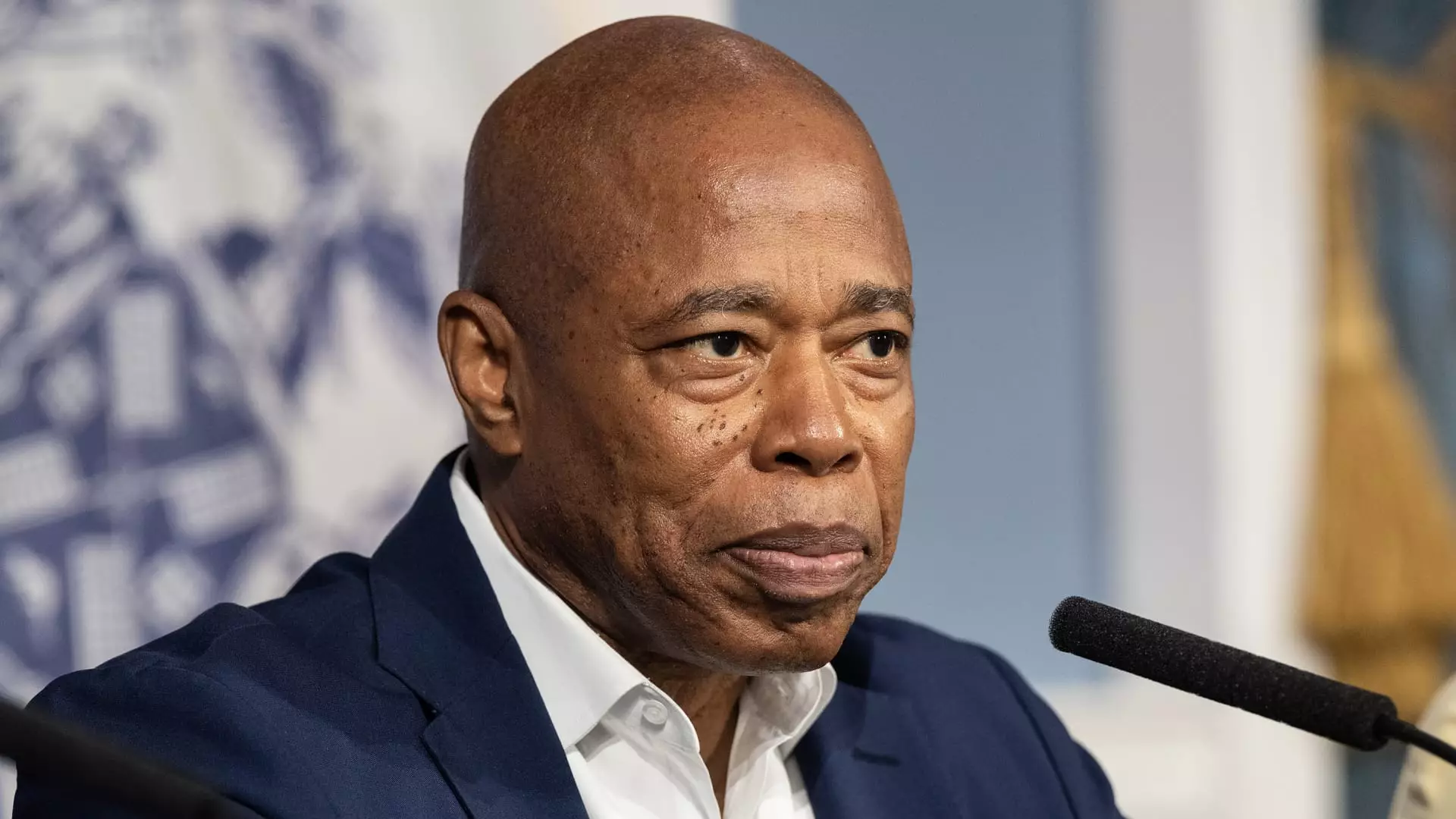In a twist of political allegiance, President-elect Donald Trump’s recent comments about New York City Mayor Eric Adams have stirred a whirlwind of speculation and debate. Trump indicated that he would “certainly look at” the possibility of issuing a pardon for Adams, who faces federal corruption charges. This unexpected comment, made during a press conference at his Mar-a-Lago residence, raises important questions about the motivations behind political pardons and the implications of intertwining politics with judicial processes.
Mayor Eric Adams stands accused of accepting extravagant gifts, including luxury travel arrangements from influential foreign businesspeople over nearly a decade. Coupled with these allegations is a charge of conspiracy linked to potentially unlawful campaign contributions in relation to his 2021 mayoral campaign. In this context, the charges raise significant ethical and legal concerns about the nature of political fundraising and personal integrity. However, Trump’s dismissal of the allegations as minor—comparing them to trivial acts such as receiving an upgraded flight—suggests a starkly different perspective, one focused more on public perception than on the legal nuances involved.
Trump’s assertions also hint at underlying political motivations behind Adams’ prosecution. According to the former president, the Democrat’s vocal opposition to the federal administration’s immigration policies might have placed a target on his back. This narrative resonates with a growing belief among several political factions that prosecutions sometimes emerge not only from violations of the law but also from political retribution. The concept that prosecution could serve ulterior motives raises ethical concerns about the judicial process and its vulnerability to partisan manipulation.
In light of the turbulence, Mayor Adams has publicly maintained his innocence and expressed a belief that he is being unfairly targeted due to his critiques of the Biden administration. This underscores a crucial aspect of American governance: the perception of justice can be significantly swayed by political affiliations and public statements. As Adams has indicated that he is not in communication with the president regarding a pardon, it raises the question of accountability in political office and the nature of support exchanged in times of crisis.
Trump’s willingness to consider a pardon for Adams reflects a complex interaction between political alliances, public perception, and the legal system. While pardons can indeed serve as instruments of justice, providing relief to those wrongfully accused or excessively punished, when they arise from political considerations, they can erode public trust in both politics and the legal framework. As the lines between governance and personal vendettas blur, one must ponder the long-term consequences for the political landscape and the integrity of the rule of law in America.
The situation surrounding Eric Adams is a microcosm of larger themes at play within U.S. politics. The conversation invites a critical examination not only of the individuals involved but also of the broader institutional mechanisms that can allow for the manipulation of justice in favor of political agendas. As developments unfold, the implications for both the accused and the political environment remain to be seen.

Leave a Reply